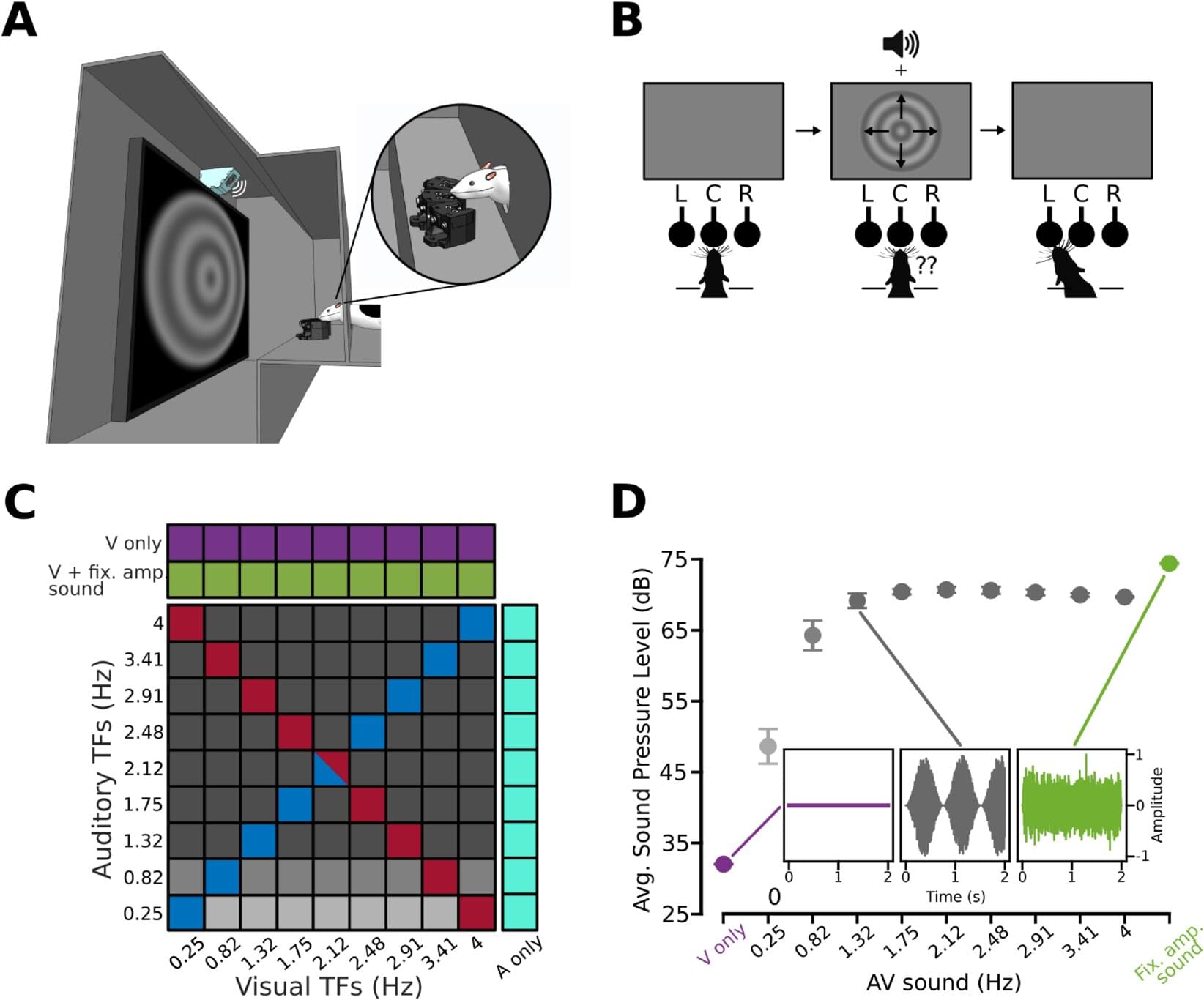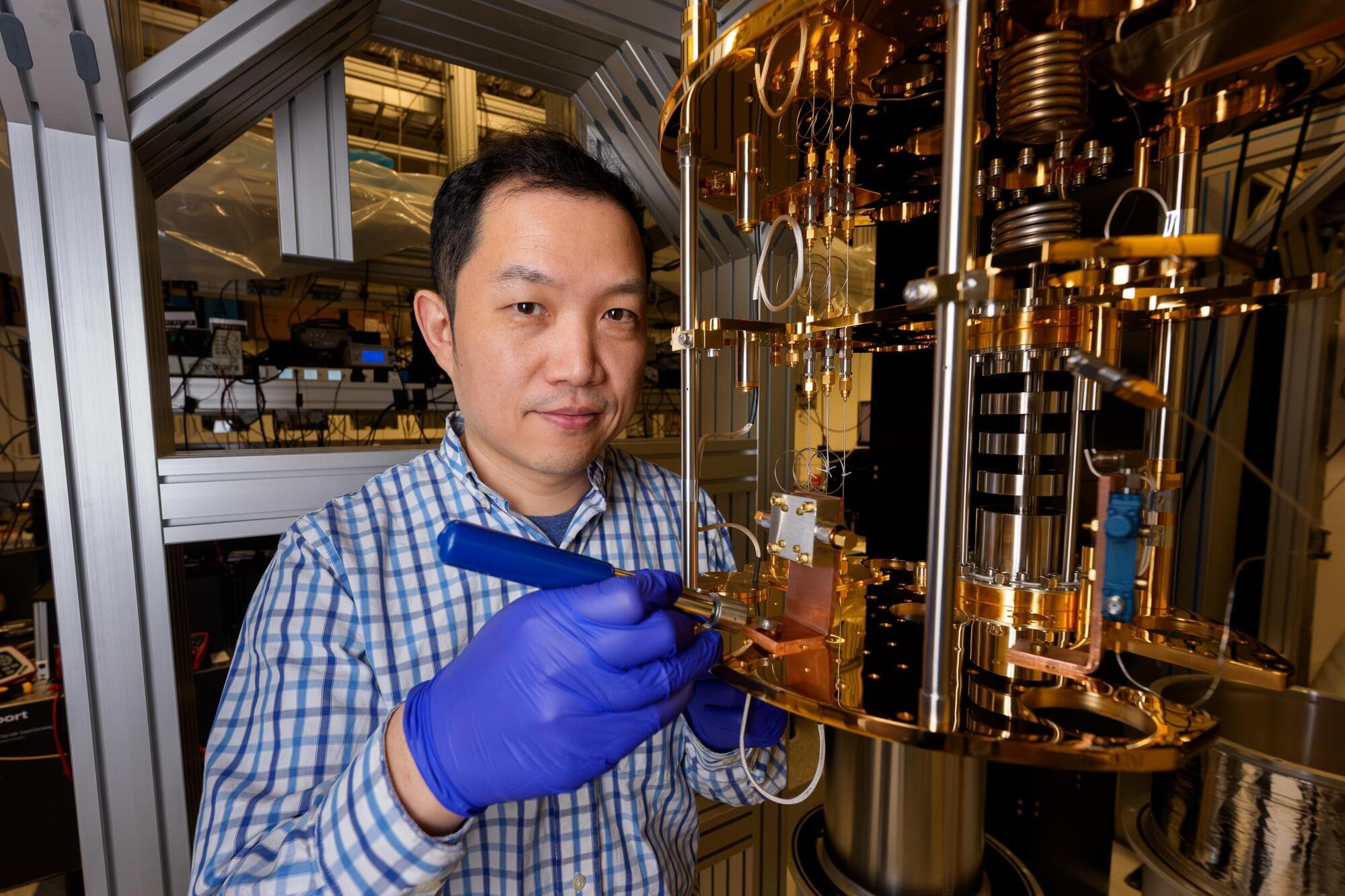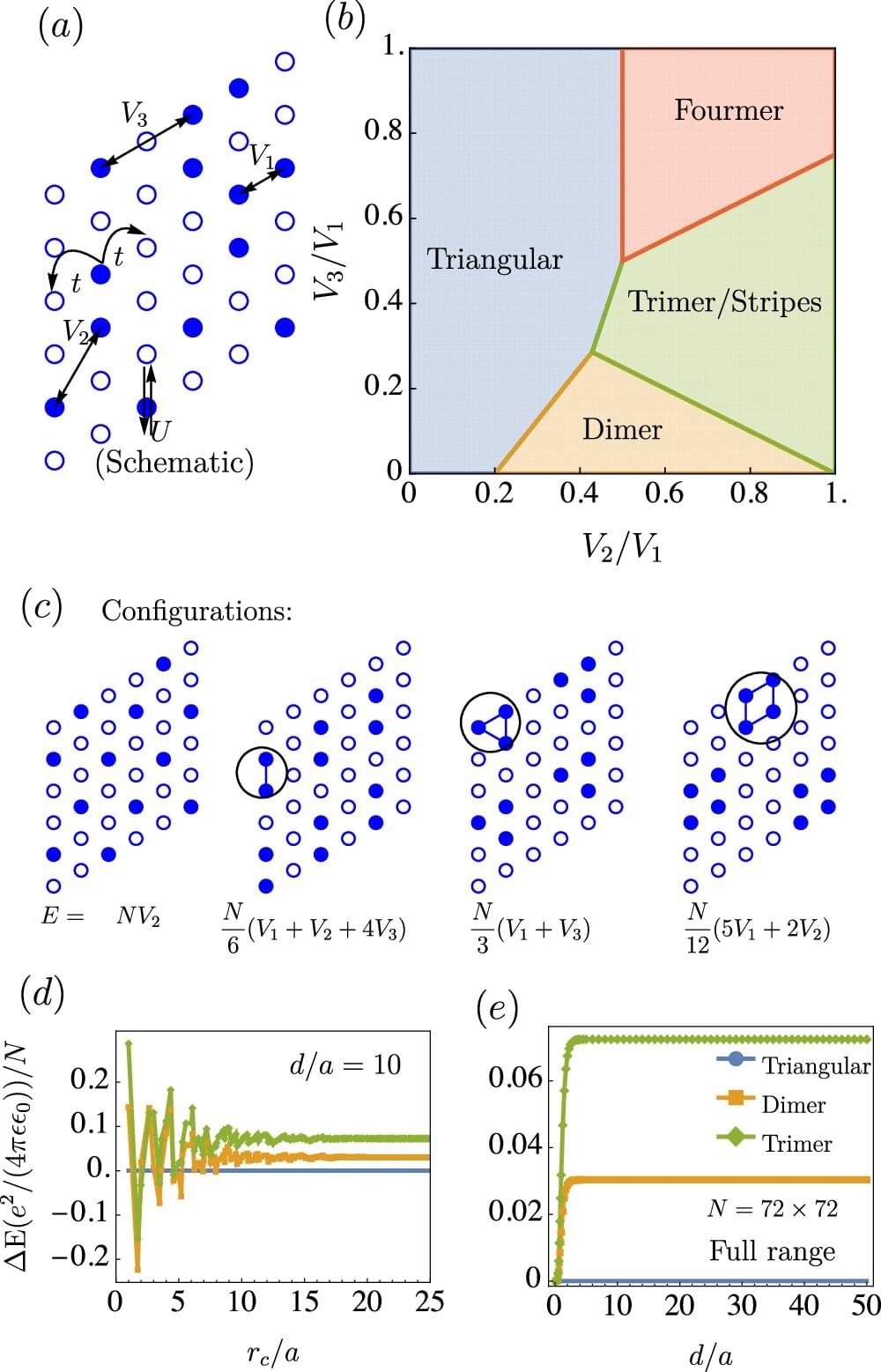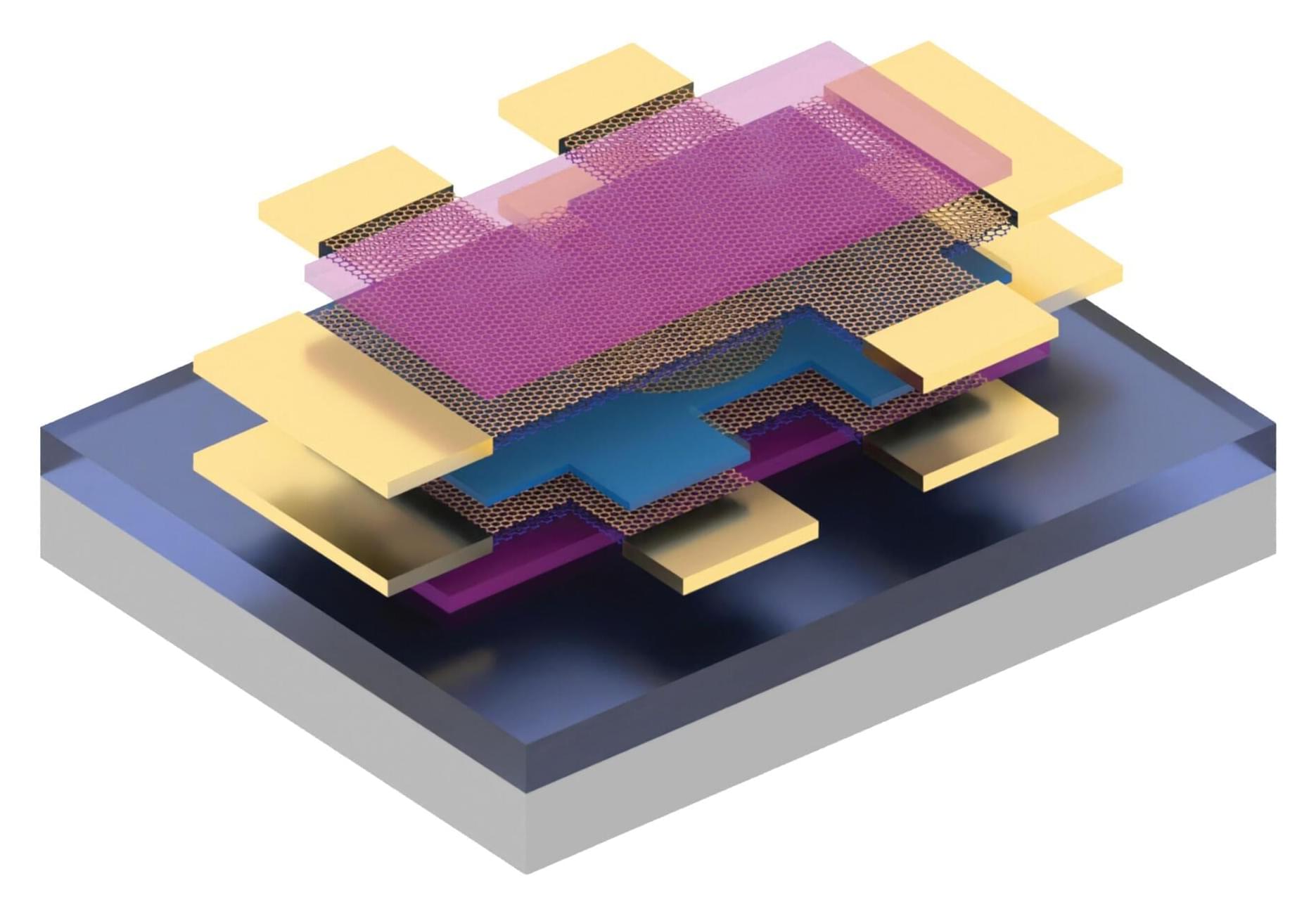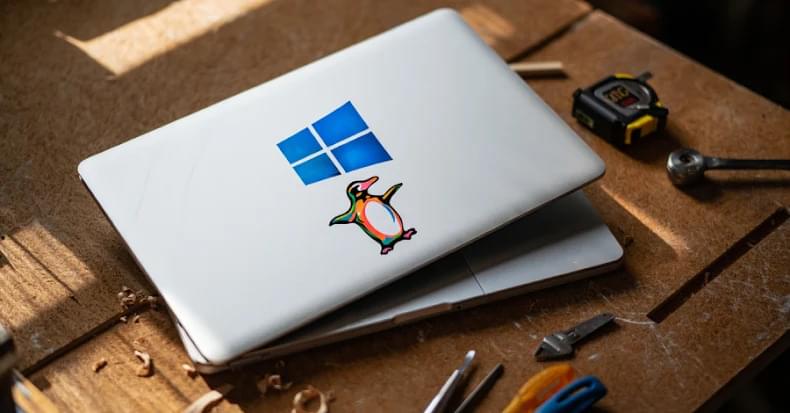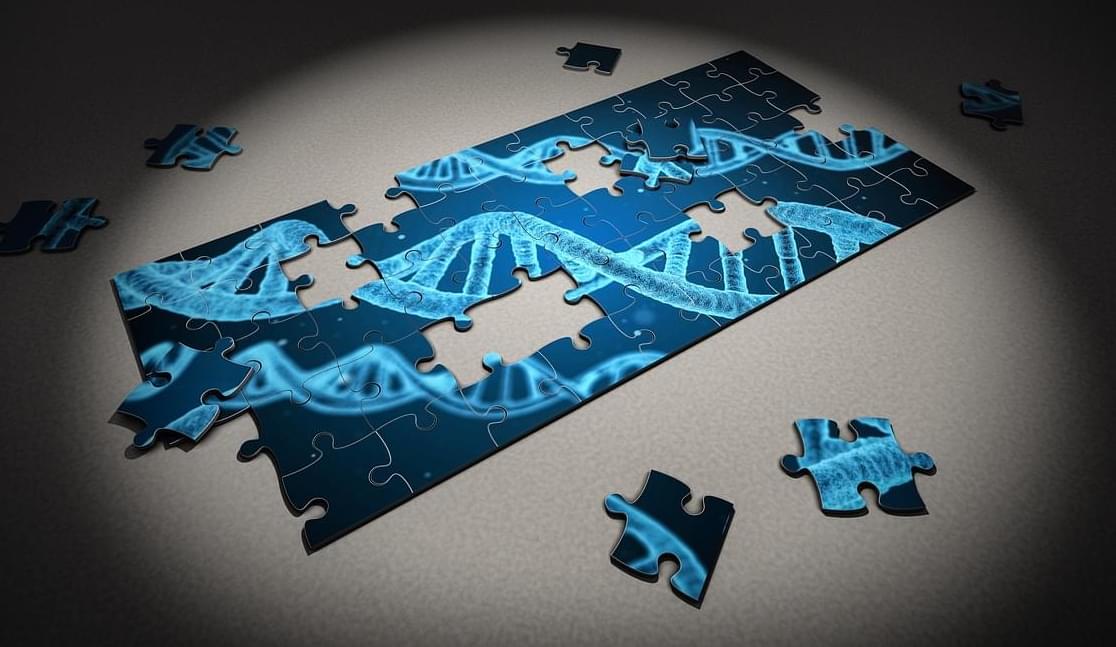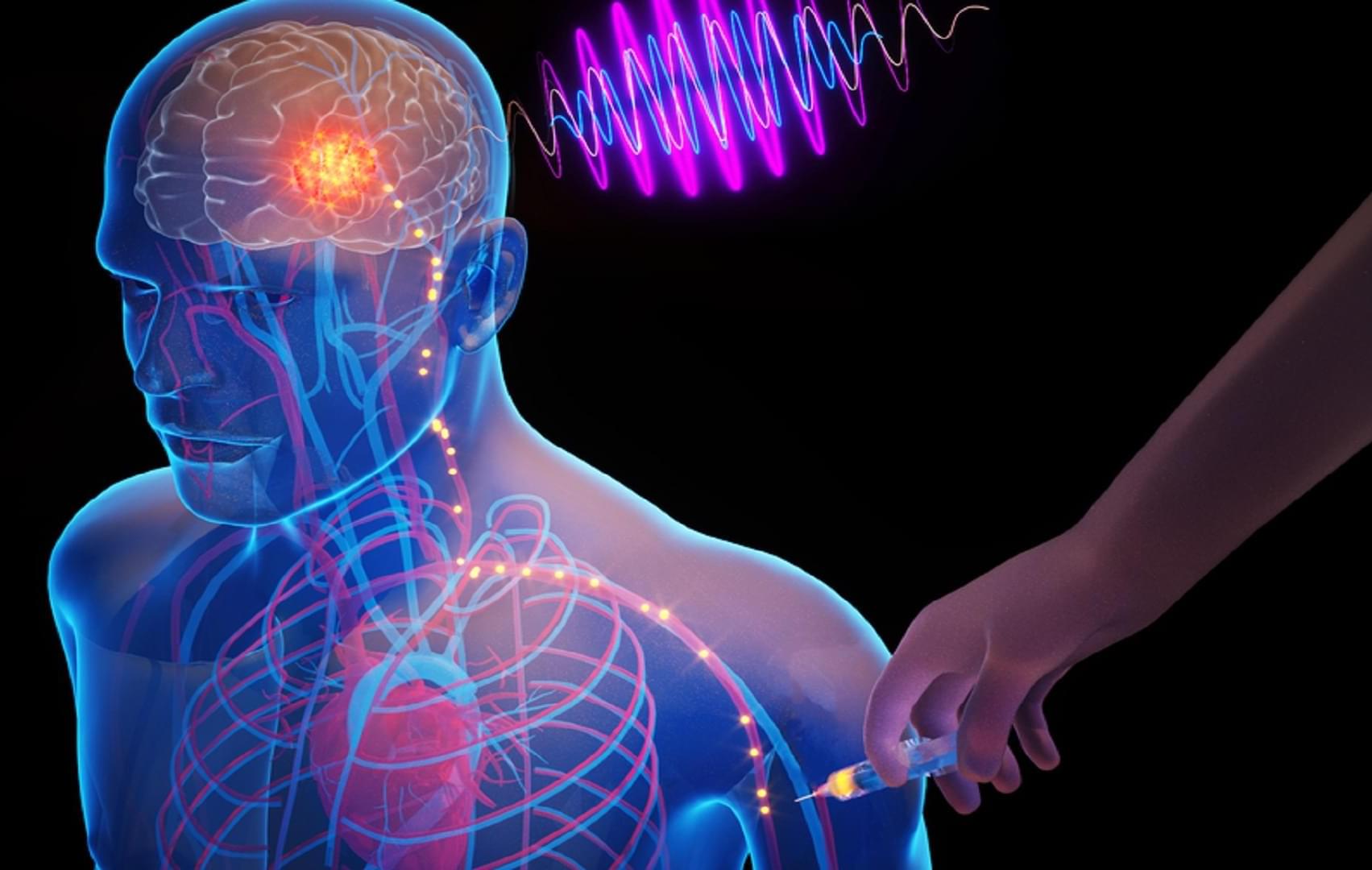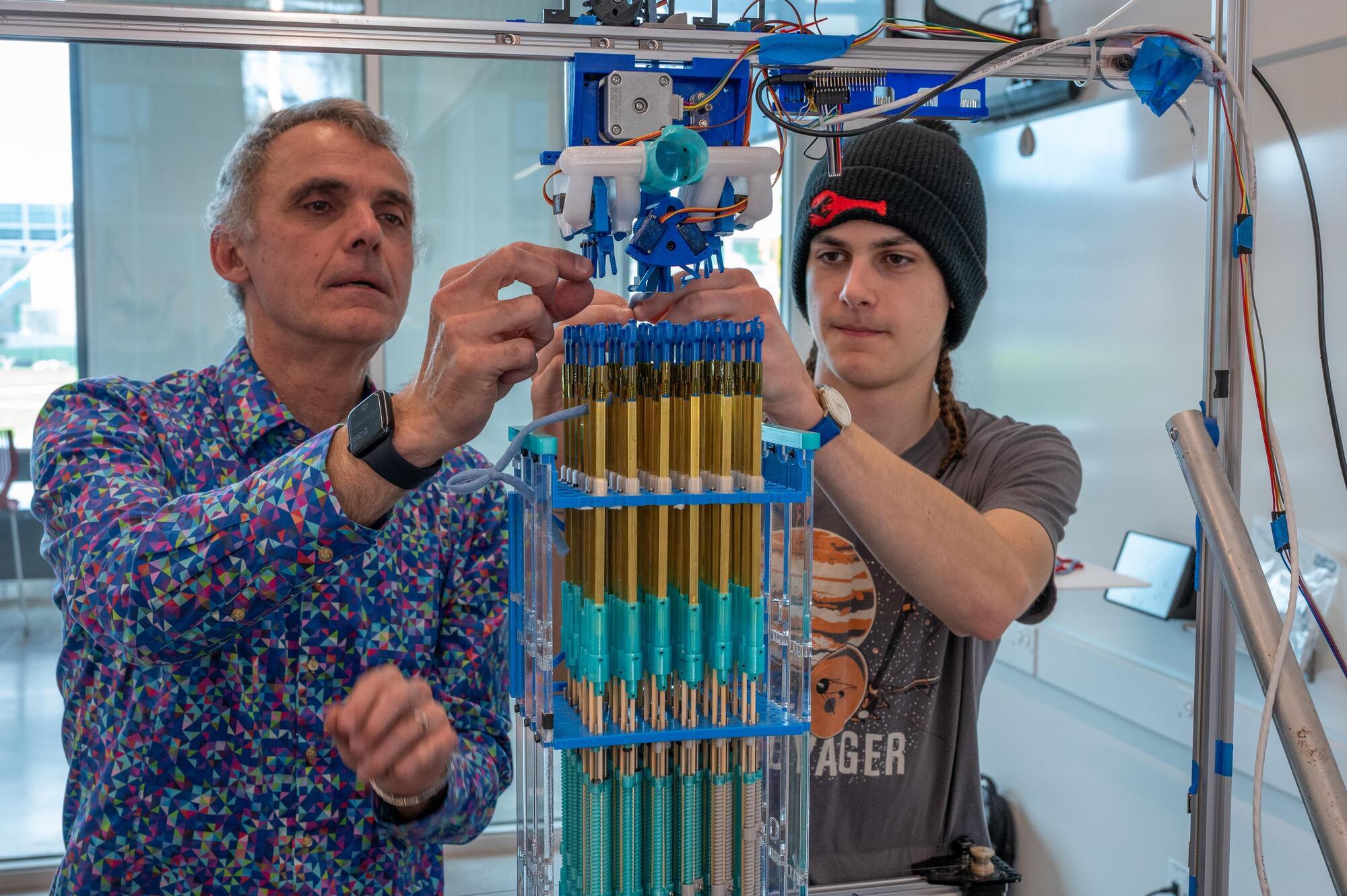A new study finds that composite metal foam (CMF) can withstand tremendous force—enough to punch a hole in a railroad tank car—at much lower weight than solid steel. The finding raises the possibility of creating a safer generation of tanker cars for transporting hazardous materials.
The researchers have also developed a computational model that can be used to determine what thickness of CMF is needed in order to provide the desired level of protection necessary for any given application. The paper, “Numerical Model and Experimental Validation of Composite Metal Foam in Protecting Carbon Steel Against Puncture,” is published in Advanced Engineering Materials.
“Railroad tank cars are responsible for transporting a wide range of hazardous materials, from acids and chemicals to petroleum and liquefied natural gas,” says Afsaneh Rabiei, corresponding author of a paper on the work and a professor of mechanical and aerospace engineering at North Carolina State University.
